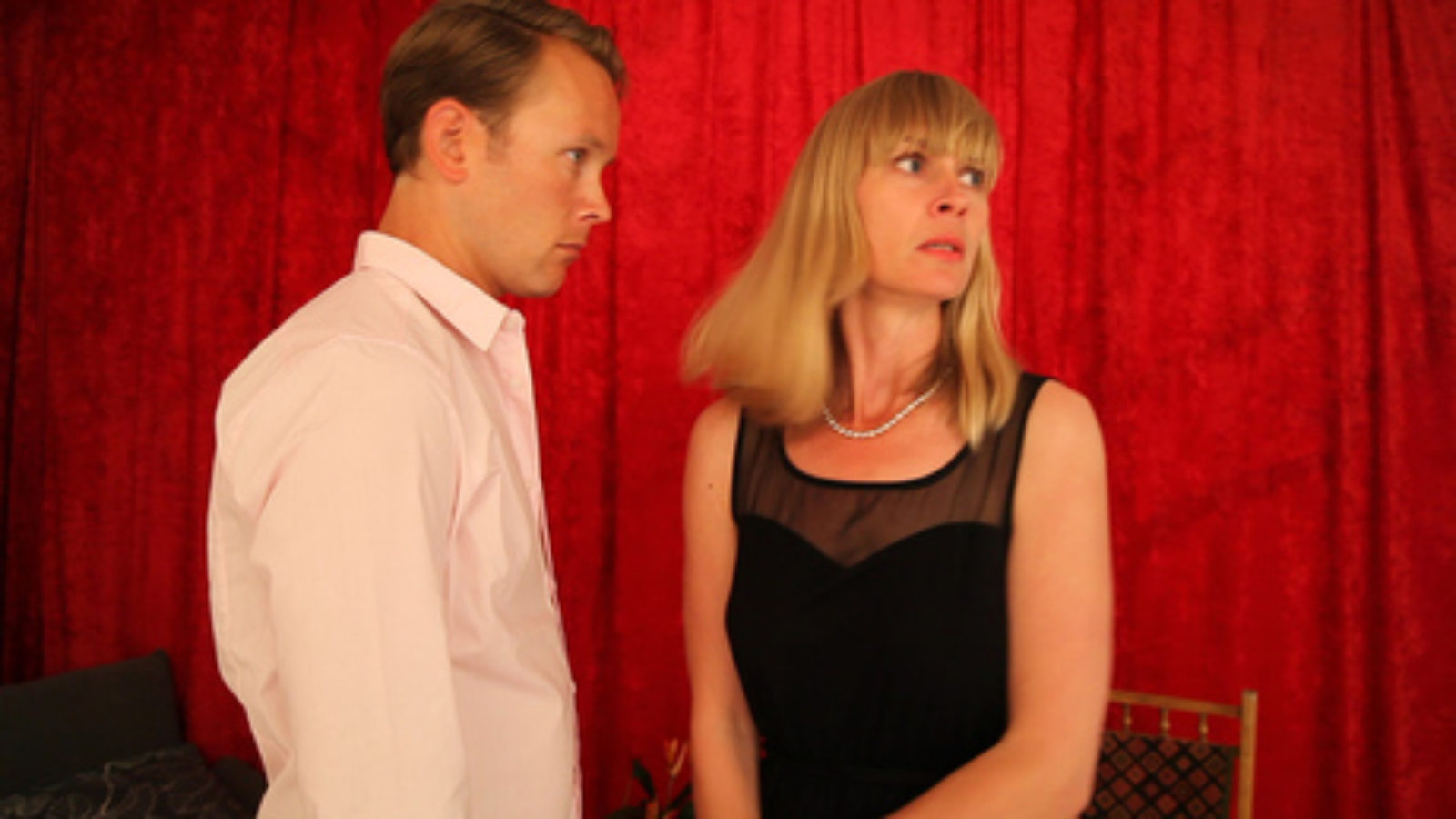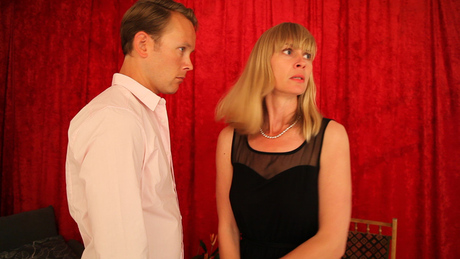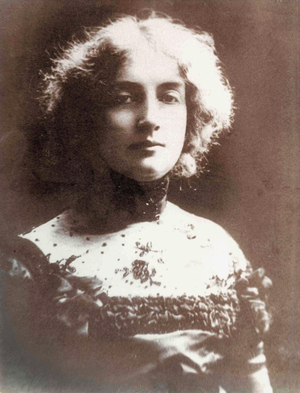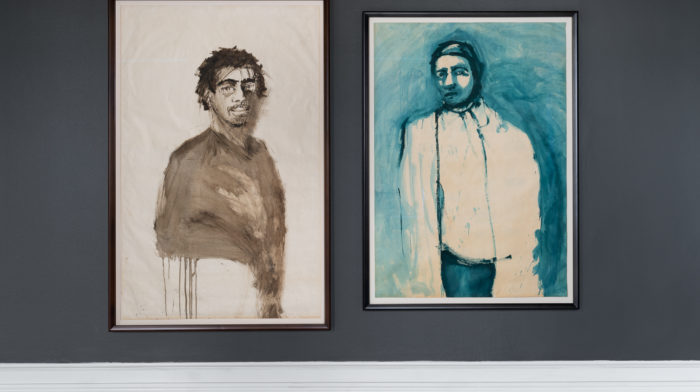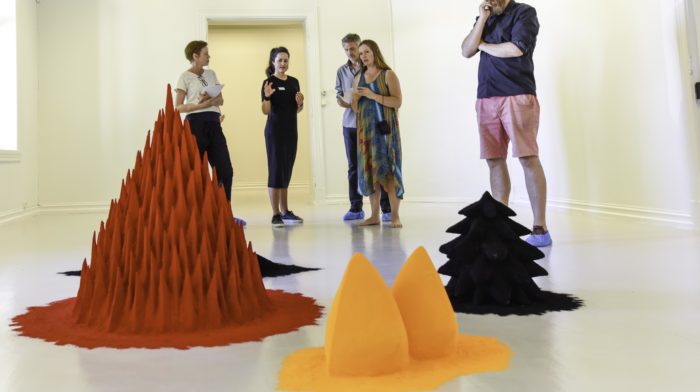The project’s focus is human vulnerability on a psychological level and stigmas in gender roles. But it also draws attention to Dagny Juels texts, and examines her work in a new light.
Aurora Sandlilje has for a long time been fascinated by the writer Dagny Juel Przbyszewska (1867-1901). In 2010 she initiated a project in collaboration with Kvinnemuseet (Women’s Museum) at Kongsvinger (Dagny Juel’s childhood home Rolighed) to reexamine Dagny Juel’s texts, and give her works a new and different life. Through the project Sandlilje highlights Dagny Juel’s authorship and study her approaches to human emotional dilemma. Punkt Ø – Galleri F 15 have invited Aurora Sandlilje and her “Project Dagny” both due to the strength of it, and because of the relationship with the exhibition Munch and Moss 1913-1916.
Dagny Juel as a person has to a certain extent overshadowed her literary production. She has been described as the femme fatale of the Kristiania bohemia, and the myth Dagny Juel is better known than the writer Dagny Juel. The fact that she was an author has to a great extent become known from her contemporaries’ descriptions of her as a writer. Her literary production was rediscovered in the 1970’s, one of the reasons for this was the discovery of her short story Rediviva in the archives of Edvard Munch, by the literary scholar Martin Nag
Dagny Juel’s authorship relate to her contemporary literature. The end of 19th century was characterized by the Decadence, and within the visual arts Symbolism and the beginning of Expressionism. Expressionism as a style is defined by emotions, and form as a means to arouse reactions in the viewer and to express psychological conditions. The intense emotions and examinations of the psyche are also essential in literature. The unique aspects of Dagny Juels writings are the female point of view. Her authorship gives a specific insight for our understanding of (bohemian) women’s mental life at the end of 19th century.
Juel frequented at the bar Zum schwartzen Ferkel in Berlin, in the same circle as amongst others Edvard Munch, Gustav Vigeland, August Strindberg and the man she later got married to, Stanislav Przbyszewski. The male artists in the circle were concerned with their own geniality, but saw the unique in Dagny Juel. She was partly idolized as a Muse, and partly feared and hated as “Femme Fatale”. We do not have many contemporary reactions to Dagny Juel’s poems and plays. She publishes some poems in Samtiden and some other magazines through her life. Her plays were staged a few times in Poland and the Czech Republic, and the reactions we know are mixed.
Aurora Sandlilje uses the lyrics of Dagny Juel as a starting point and focus for her own works. By using this material from more than 100 years ago, she manages to both bring to light an ignored writer, strong historic female character, but also awakens an interest for how to interpret these works, how do they relate to our times, and what can they tell us about the development in gender roles and emotional bonds in relationships.
Curator: Siv Hofsvang

